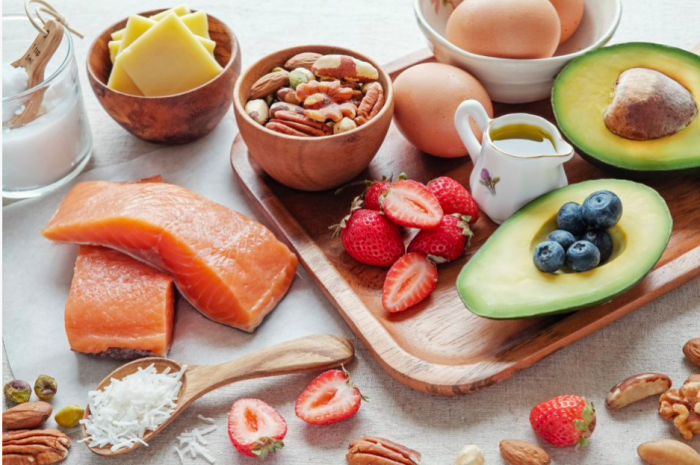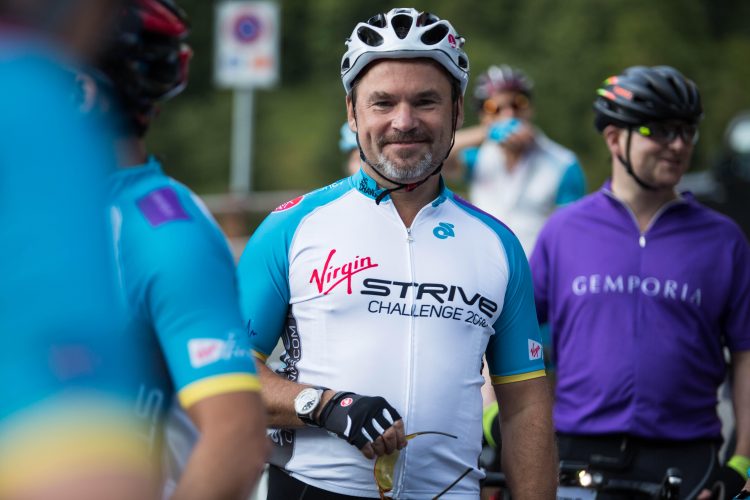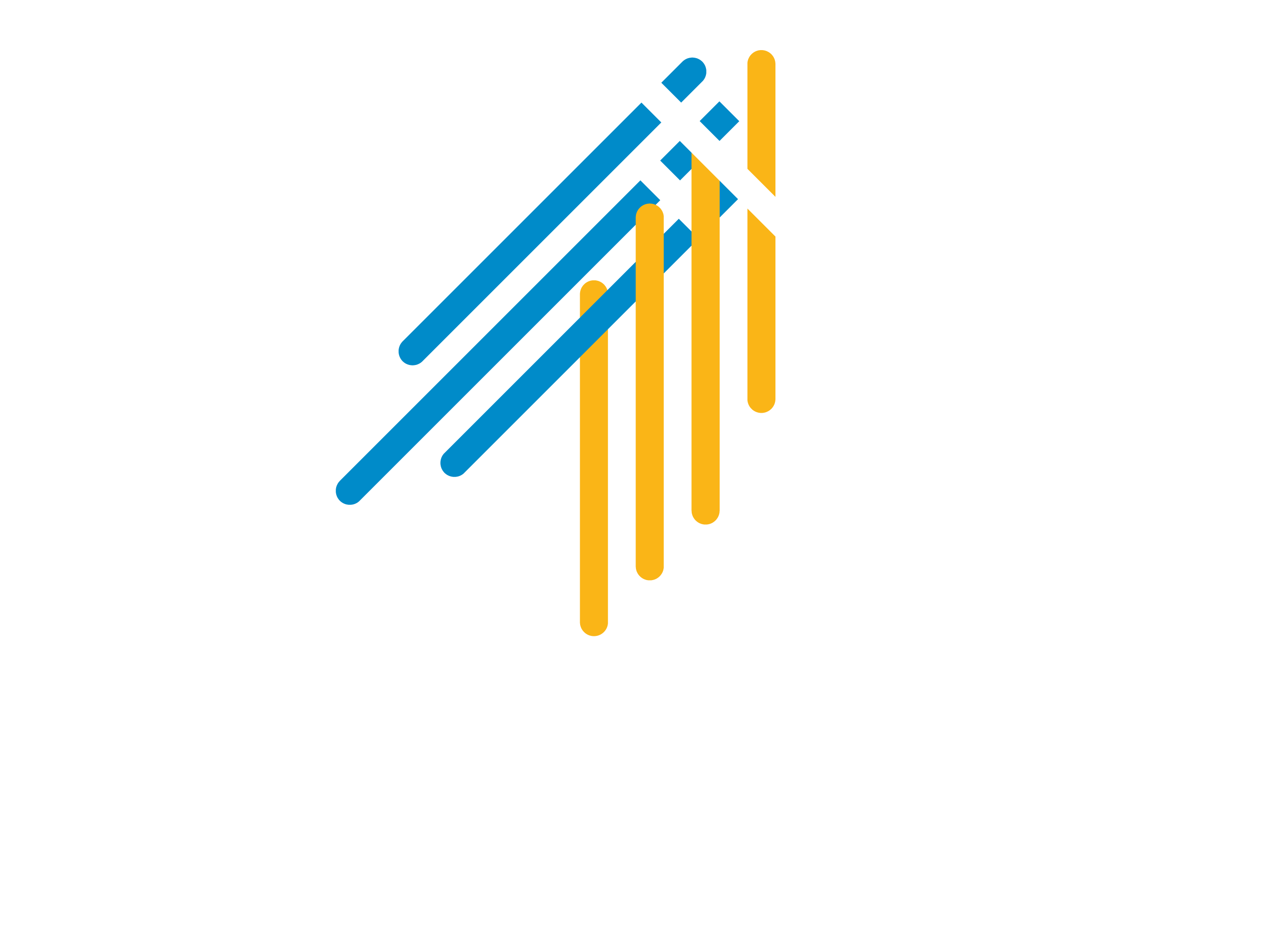06/08/2018
Primal Cure’s top health and nutrition tips
The 2018 Virgin STRIVE Challenge is our most adventurous yet – a tough challenge requiring mental and physical strength.
With this in mind, sponsor and wellness company Primal Cure have shared their ‘primal’ philosophy with these top tips for keeping in peak physical condition….
Primal Cure’s Top 10 Nutrition and Health Tips for a ‘primal’ life

- Be inspired by our Primal ancestors
A Primal lifestyle is simply inspired by the way our primal ancestors lived. This includes their activity levels, their environment, their food choices and their natural habits. Our Primal ancestors ate everything ‘fresh’ (quite literally), had a diet of protein, fats and very little carbohydrates, walked everywhere, sprinted when needed and lived a life free of technology. Be inspired by their ways!
- Think natural ingredients
Try to consume the most natural ingredients from their original source when and where possible. This includes our meat sources, vegetables, fruit and carbohydrates. The less packaged our ingredients are, then typically the more natural they will be. So next time you go shopping and pick up a packet of farmed fish, pumped with other unknown ingredients (very common), then question just how natural that ingredient is.
- Fats aren’t bad, fats are good
Funnily enough fats don’t make you fat. Good fats are actually great for making us feel fuller for longer and this in turn stops us from overeating. Good quality fats also correct our hormones by keeping them in balance. When the body has well balanced hormones, the good quality fats help us burn more energy instead of storing it.
Good fats: anything rich in omega 3, such as salmon, nuts, avocado, coconuts, olives and organic butter. Toxic fats: all trans fats (normally food labels call them ‘partially hydrogenated oils’) and vegetables oils, which are rarely derived from vegetables at all.
- Look after your gut health
You may not know this, but looking after your gut health is just as important as maintaining your cardiovascular health and greatly affects inflammation in your body.
Healthy gut bacteria helps aid your immune system, provides our bodies with energy from the foods we eat, disposes of toxins and waste and supports good brain health.
- Eat plenty of fibre
To look after our gut health, we should also make sure that we’re consuming enough fibre. Fibre plays an essential role in your skin, digestive and heart health. It can also help improve blood sugar levels and control weight management. It plays a critical role in flushing out toxins too. Many believe that whole grains are the best source of fibre – but actually vegetables, nuts, seeds and protein sources should be your best friend.
- Drink at least 2 litres of water a day
Give or take, our bodies are made up of 60% water. Ideally, you should be consuming at least 2 litres of water a day. That’s about 4 pints or 8 cups worth. Throughout the day our bodies constantly lose water, so keeping hydrated is as necessity. According to many studies, dehydration not only affects our energy levels but our brain function, mood, concentration levels, physical performance and endurance levels start to suffer as well.
- Be sleep efficient and avoid stress; your environment is key
Getting a decent night’s sleep is probably one of the most important things you can do for your health. Sleep plays an important role in so many factors – your physical health, the repair of your heart, muscles and blood vessels and the support of a healthy memory and brain. On average we should be aiming for at least 7-9 hours sleep a night. Without this we increase the risk of heart disease, high blood pressure, kidney disease, stress, weight gain and depression – to name a few. By improving your sleeping pattern you allow your body to repair itself properly.
- Avoid technology as much as possible and switch off 2 hours before sleep
Technology can seriously interrupt our sleep patterns when used right before bed. Recent studies show exposure to blue and white light given off by technology at night prevents our brains from realising melatonin, a hormone that tells our bodies that it’s time for bed. This means it takes us longer to fall asleep and eventually, by the end of the week, those hours and minutes will all tally up. Some research shows that the electromagnetic fields produced by mobile phones could also be harmful for us – so try going phone free sometimes!
- Max out – Move more – Sprint
At Primal Cure we recommend a Max Out – Move More – Sprint approach to exercise. This emulates what our Primal ancestors did during daylight. It’s about moving more (walking), occasionally sprinting (interval sprints) and lifting heavy rocks (weights in our case). Our advice for those starting this approach would be to start walking more, introduce yourself to weight training and once a week, include some hill or bike sprints into your training programme for 10 minutes. That’s it!
- It’s a lifestyle, not a diet
The more you approach your newly adapted eating habits and fitness performance as a lifestyle change, the easier it will be for you to stick to it. It’s important to make it work for you. Find a fitness schedule that you enjoy, move more, adapt a Primal attitude and live a healthy, well-balanced lifestyle. If that means eating healthy 6 days a week and having a few glasses of wine on a Saturday night, then so be it. If the majority of your lifestyle is healthy and maintainable then that’s all that matters.

Be more Steve! Striver and Primal Cure founder, Steve Bennett
